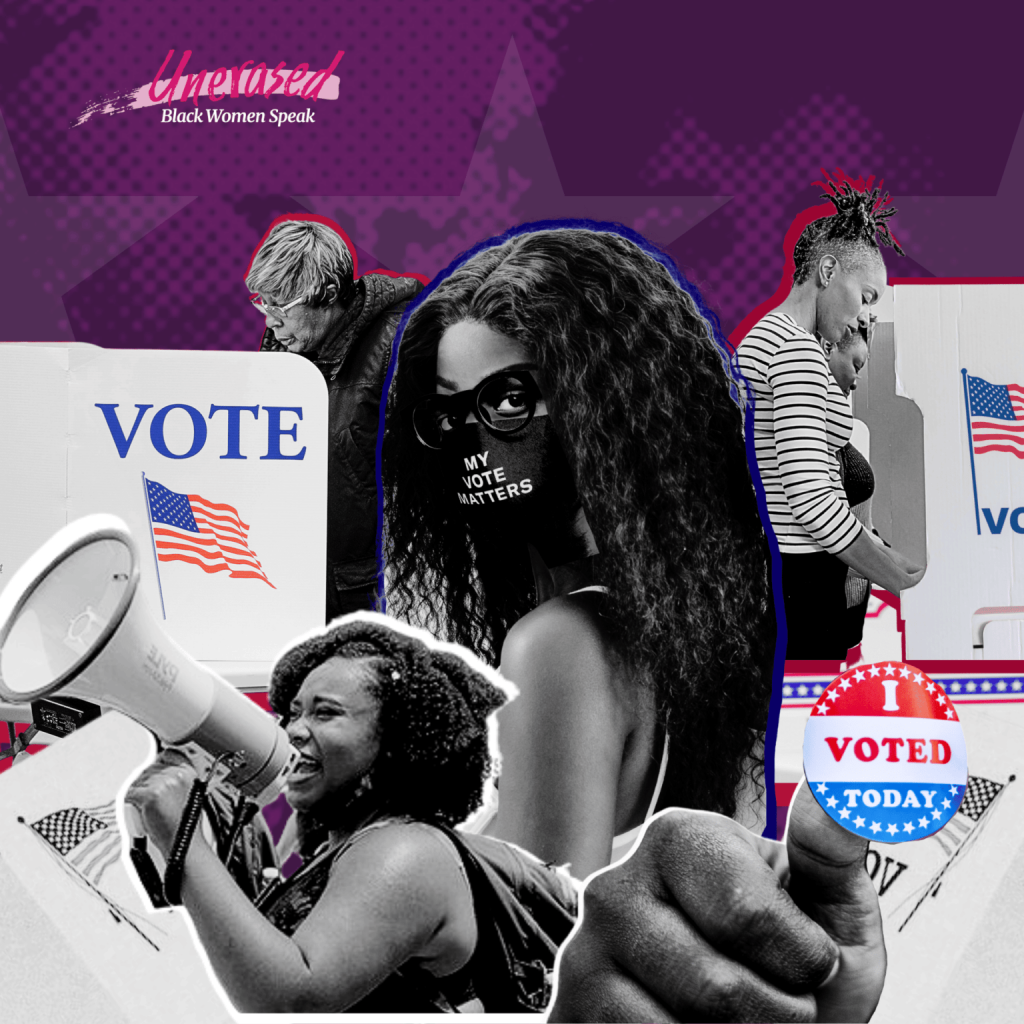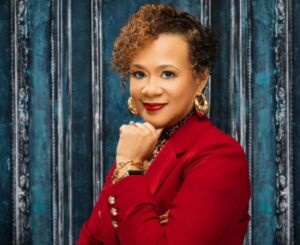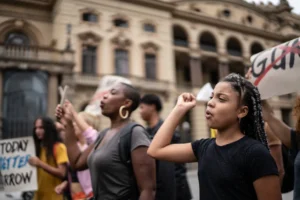By Tameka Ramsey
Voting remains a cornerstone of American democracy, but for many Black voters in
Michigan, the experience often feels like choosing the lesser of two evils. Similar to
other regions where Black voters can make a difference, this sentiment has deep
historical roots and reflects the complex dynamics of political engagement.
Michigan’s Black population has a rich history of political involvement, dating back to the
Great Migration when we moved north for better economic opportunities and to escape
the harsh realities of Jim Crow laws in the South. Black communities have been pivotal
in shaping political discourse in cities like Detroit, Flint, and Grand Rapids.
Despite this influence, the political offerings often leave Black voters feeling
unrepresented and disillusioned.
Historically, the Democratic Party has been perceived as more supportive of civil rights
and social justice issues, leading to strong support from Black voters. However, this
support is frequently tempered by the reality that the party’s actions do not always align
with its promises. Conversely, the Republican Party, while historically associated with
the abolition of slavery and civil rights during the Reconstruction era, is today a different
animal, often criticized for policies that appear to undermine the progress of Black
communities.
Every election cycle, the refrain “This is the most important election of our lifetime”
echoes across the political spectrum. For Black voters in Michigan, this is not just a
catchphrase, but a reflection of the stakes involved. Issues such as criminal justice
reform, economic equity, healthcare access, reproductive justice and educational
opportunities disproportionately affect Black communities.
The 2020 election, for instance, was touted as critical for the future of democracy itself.
Black voters turned out in significant numbers, driven by the urgent need to address
systemic racism and the impact of the COVID-19 pandemic, which had
disproportionately affected Black communities.
Yet, the choice often felt like a compromise, with voters selecting candidates who were
seen as the best available options rather than ideal representatives of their interests.
The concept of voting for the lesser of two evils reflects a pragmatic approach to a
flawed system. In Michigan, this has often meant supporting Democratic candidates as
a strategic move to counter policies perceived as more harmful by their Republican
opponents. This pragmatism, however, comes with its own set of frustrations.
Many Black voters desire more substantial changes from leaders who genuinely
represent their needs and aspirations. The cyclical nature of this lesser-of-two-evils
voting creates political fatigue and cynicism. Voters want tangible improvements in their
communities, not just placeholders or empty promises.
The path forward requires a multifaceted approach. Political parties need to move
beyond lip service and engage genuinely with Black communities, addressing their
concerns with concrete policies and actions. This involves consistent, meaningful
engagement year-round, not just during election seasons.
Grassroots organizations and community leaders in Michigan play a crucial role in this
process. By fostering political education, advocating for policy changes, and holding
elected officials accountable, they can help bridge the gap between voter expectations
and political realities.
There is a growing call for more diverse representation within political parties
themselves. Encouraging and supporting Black candidates to run for office can help
ensure that the voices of Black communities are heard, and their interests more
accurately represented.
For Black voters in Michigan, the experience of choosing the lesser of two evils is a
familiar, if disheartening, part of the democratic process. While each election is indeed
critical, the long-term goal should be to create a political environment where Black
voters can support candidates who fully align with their values and aspirations.
Everyone who is part of the civic fabric has a role to play. Achieving best outcomes
requires concerted effort from political parties, community organizations, and voters
alike to ensure that the promise of democracy is realized for all.
Tameka Ramsey is executive director of the Michigan Coalition on Black Civic
Participation and the Convener of Michigan Black Women’s Roundtable.




